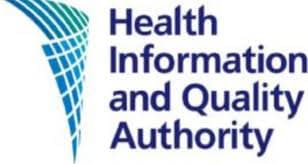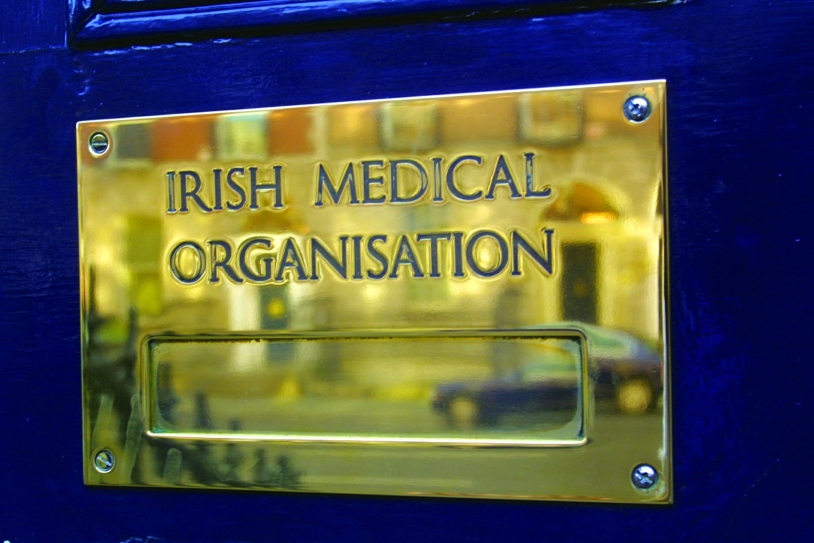The guidelines are part of a suite of guidelines for health technology assessment. The updated clinical effectiveness guidelines outline the appropriate methods for evaluating the clinical effectiveness of health technologies. The guidelines are aimed at improving the accuracy and relevance of HTAs that are undertaken for the Irish healthcare system.
Dr Conor Teljeur, HIQA’s Chief Scientist, said: “A considerable proportion of the health budget each year is invested in new technologies and programmes. Funding decisions should be based on sound evidence, and there should be reassurance that those decisions will deliver care that is both patient focussed and achieves value for money. Health technology assessment provides a framework for a comprehensive evaluation of the evidence. A critical element is how clinical outcomes are evaluated in a HTA, and these guidelines show how this can be achieved.”
The guidelines aim to improve the accuracy of HTAs undertaken for the Irish healthcare system. The guidelines apply to assessments of all healthcare technologies, including pharmaceuticals, procedures, medical devices, broader public health interventions and service delivery models.
Dr Teljeur continued: “HIQA has developed these guidelines on the conduct of HTA in Ireland to ensure consistency in the HTAs undertaken by HIQA and others. The updated guidelines reflect changes to methodology and best practice. The guidelines are intended to promote the production of assessments that are timely, reliable, consistent and relevant to the needs of decision-makers and key stakeholders in Ireland. As health and social care services are publicly funded in Ireland, these guidelines promote the best use of limited public money and resources in ensuring the needs of the people using services are met.”
Sign In
NOTE: By submitting this form and registering with us, you are providing us with permission to store your personal data and the record of your registration. In addition, registration with the Medical Independent includes granting consent for the delivery of that additional professional content and targeted ads, and the cookies required to deliver same. View our Privacy Policy and Cookie Notice for further details.
Don't have an account? Register













Leave a Reply
You must be logged in to post a comment.